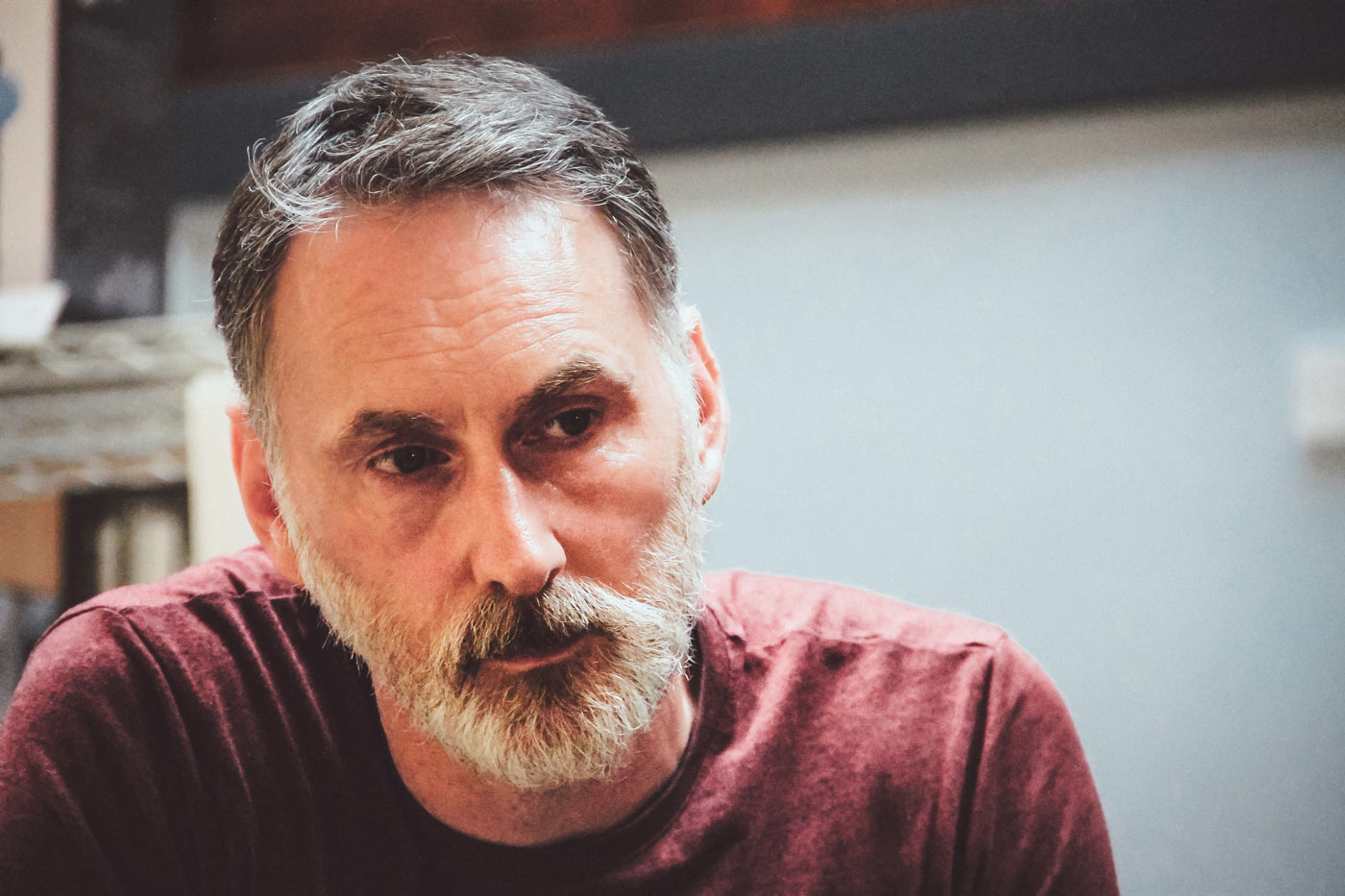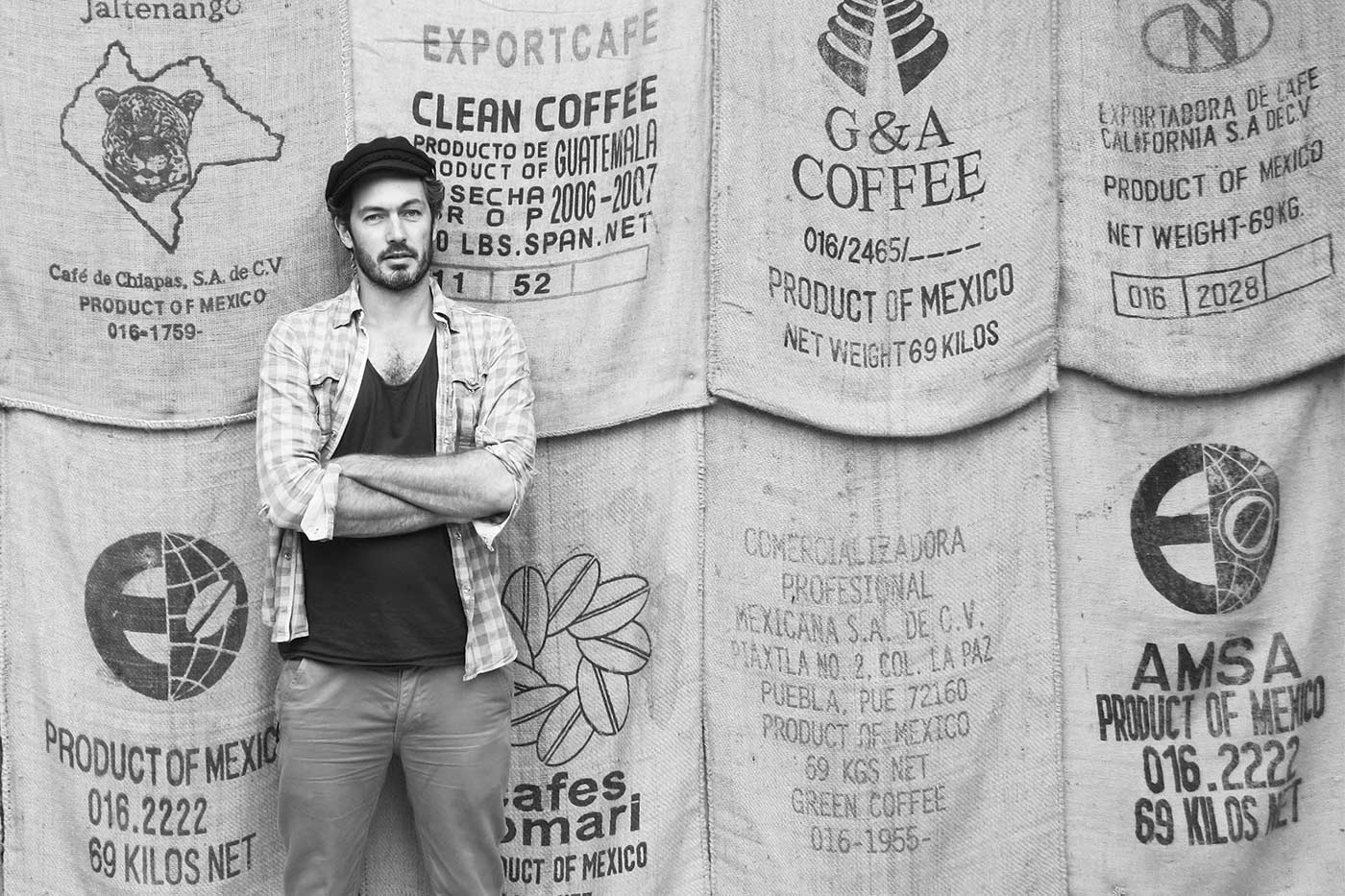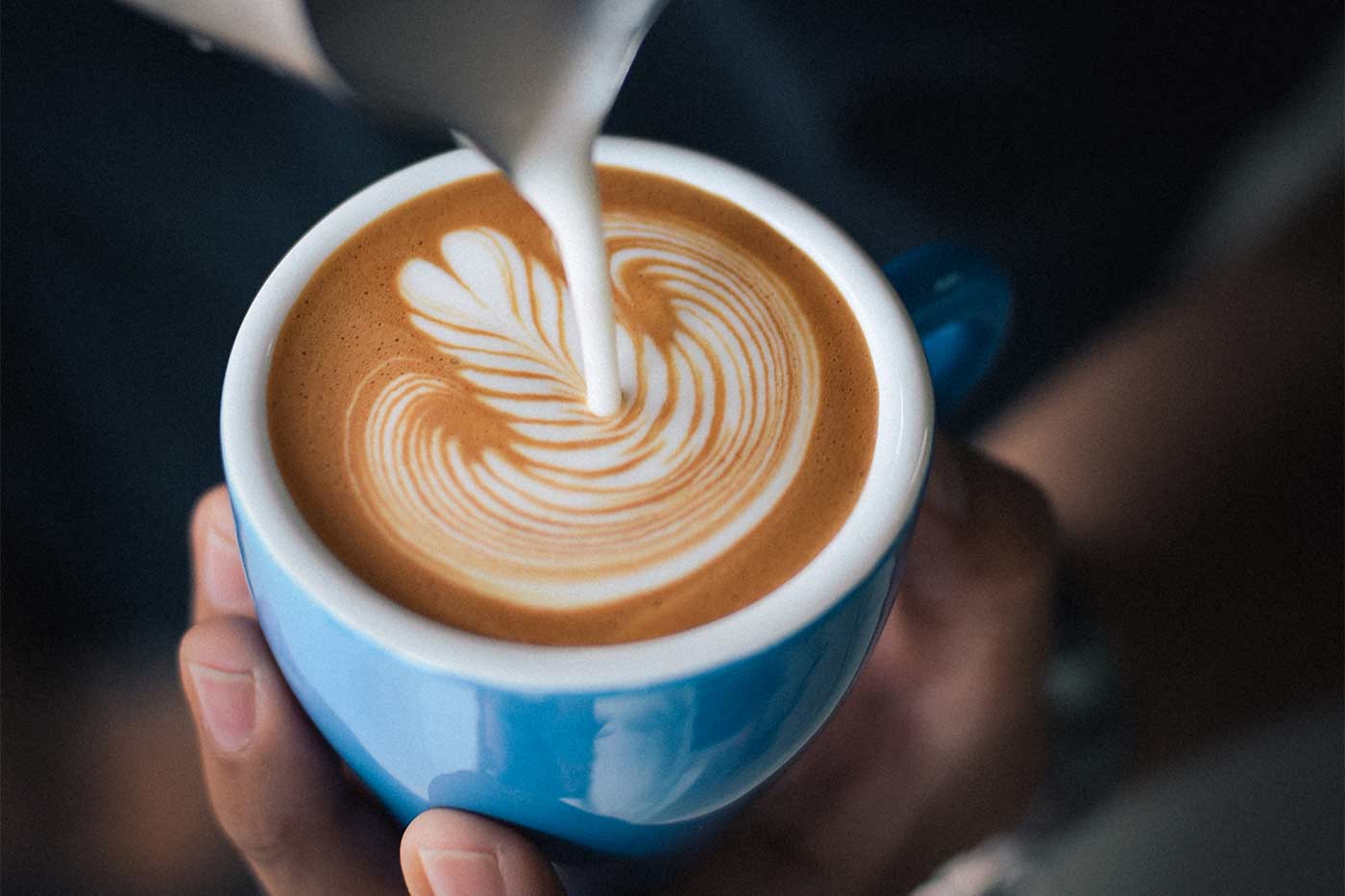In the next chapter of our Sustainable Champions series with KeepCup, we talk eco “cherrypicking” and long-term change with Dark Woods Coffee co-founder Ian Agnew
A quick low-down on Dark Woods?
In 2013, three friends (each with a background in a different part of the coffee industry) came together and pooled their meagre savings with the aim of setting up the kind of coffee business they wanted to work for. Damian Blackburn was a master roaster with a nose for seeking out amazing new coffees; Paul Meikle-Janney had been training and advising the high-street coffee industry for 15 years; and I worked in the charity sector supporting smallholder coffee farmers.
Fast-forward almost six years and we now employ ten people and roast an unbelievably exciting range of coffees for everyone from the local cafe to Fortnum & Mason. We’ve had some nice successes over the last few years, winning two Golden Forks and multiple Great Taste awards. We’ve also started working on some of the projects and ideas we talked about when we set up: practical support at origin, developing sustainability goals and working on developing our old mill.
Is the future of speciality coffee looking greener?
Yes and no. Certification schemes such as Fairtrade and Rainforest Alliance have made a huge difference over the last 20 years to livelihoods and improving environmental standards but, arguably, they are struggling to keep up with the increasing complexity and sophistication of the speciality market.
There is a small but growing trend for greater transparency around green coffee sourcing and a drive towards improved sustainability. However, it is a complicated area to work in. How do we define sustainability? What makes a coffee sustainable? Who decides what a “fair” price is for a small farmer? How many roasters know how much of what they pay actually reaches the farmer? The answer is almost none, despite what they might claim.
There are parts of the traditional coffee-growing world that will not be able to support continued coffee cultivation over the coming years. Parts of East Africa, particularly areas such as southern Tanzania and eastern Ethiopia, are already becoming unsustainable for growing coffee due to climate change. Are we, as an industry, doing enough to support farmers in these areas to adapt to the changes being forced upon them?
There is some great work going on by the likes of World Coffee Research (WCR) on coffee plant genetics, disease and climate-change-resilient varieties, but this will take years to develop and we are all very late to the game on this one. Still, it is good to see things starting to happen with a growing band of importers and roasters (usually led by the smaller guys) backing this work and donating to the research cost. Of course, the challenge is then how to communicate these research findings and genetics data to farmers around the world.
The speciality coffee sector has often driven change within the wider industry, forging the path that is then followed by the commercial sector and high-street chains. This is still the case and it’s heartening to see some of the changes introduced in the indie coffee shop world around things like reducing single-use plastics or increasing the range and quality of non-dairy alternatives.

How has the roastery adapted to becoming more sustainable?
This is a subject that sparks healthy debate within the business, primarily around how we define “sustainability”. It is a term, like “ethical”, that is in danger of being overused and losing value, particularly within our industry.
The very essence of the coffee industry is unsustainable. The industry sources a cash crop – from small farmers who might get paid less than the cost of growing it – which is vulnerable to pests, disease and climate impacts. We ship it around the world, roast it using fossil fuels, pack it in plastic and then serve it in single-use cups. At Dark Woods, we are very aware of this and see it as our responsibility to strive to improve things within our business and our industry.
We’re adopting a company-wide approach to issues around sustainability. We’ve developed a five-year strategy which addresses everything from how we source green coffee to reducing our carbon footprint, minimising waste going to landfill and how we treat our staff and suppliers. We’re trying not to “cherrypick” what we look at – it’s easy to shout about a new low-emissions roaster but then ignore the five long-haul trips to origin each year.
We’ve already made a start on a few things. We’ve swapped our packaging to fully recyclable packs and take-out cups to Vegware compostable ones; we’ve started to switch our vehicles over to electric and hybrid; and we have worked with our landlord to install 600 solar panels on the roof. We’re investing in a new, larger capacity, more efficient roaster. All the chaff from the roasting goes to a local permaculture smallholding for mulch, our coffee sacks go to local craftmakers and we are now recycling or composting 80 per cent of our waste. However, there’s still a long way to go to achieve our goals.
Beyond the direct activity we undertake as a roastery, we’re involved in wider initiatives. We’re an active supporter of World Coffee Research, donating funds to them annually through their Checkoff Programme. We’ve expanded our direct-relationship partnerships, building on the success we’ve had with our longstanding partnerships – this year Damian is working closely with a small group of farmers in Yemen on a number of amazing direct-trade micro-lots.
Has there been pressure on the business to become more environmentally conscious?
Very little external pressure really, which is a shame. Most pressure for change in markets tends to come from consumers and we are seeing the start of this, but not yet to the degree that we would hope. Most of the pressure on us is self-imposed.
We have seen some interest among coffee shops for the steps we are taking: the recyclable packs, KeepCups, compostable take-out cups. But, it would be fair to say, price and convenience still seem to be the major driving forces behind consumer purchasing decisions.
KeepCup has a vision of a disposable-cup-free world. Is it possible?
Anything is possible and it is good to have a vision. It seems unlikely, in the near future, without some regulatory intervention. The market will not drive change fast enough; consumers are creatures of habit and it will probably be a generational change.
Compare it to plastic shopping bags; how many of us still forget to keep a reusable bag with us all of the time? As a society, we get the big picture – plastic floating in the sea, huge amounts of waste going to landfill, CO2 pumped into the atmosphere – but we also convince ourselves that, as individuals, we have little impact. That one take-out coffee in a single-use cup we have on the way to work will not make much difference, except that millions of people are all saying the same thing each day.
A latte-levy will not likely make a massive difference; cafes will end up absorbing the cost or consumers will just pay it – convenience rules. Perhaps the only way is to ban single-use cups altogether, or speed up technological innovation and a transition to easily home-compostable, plant-based cups?


